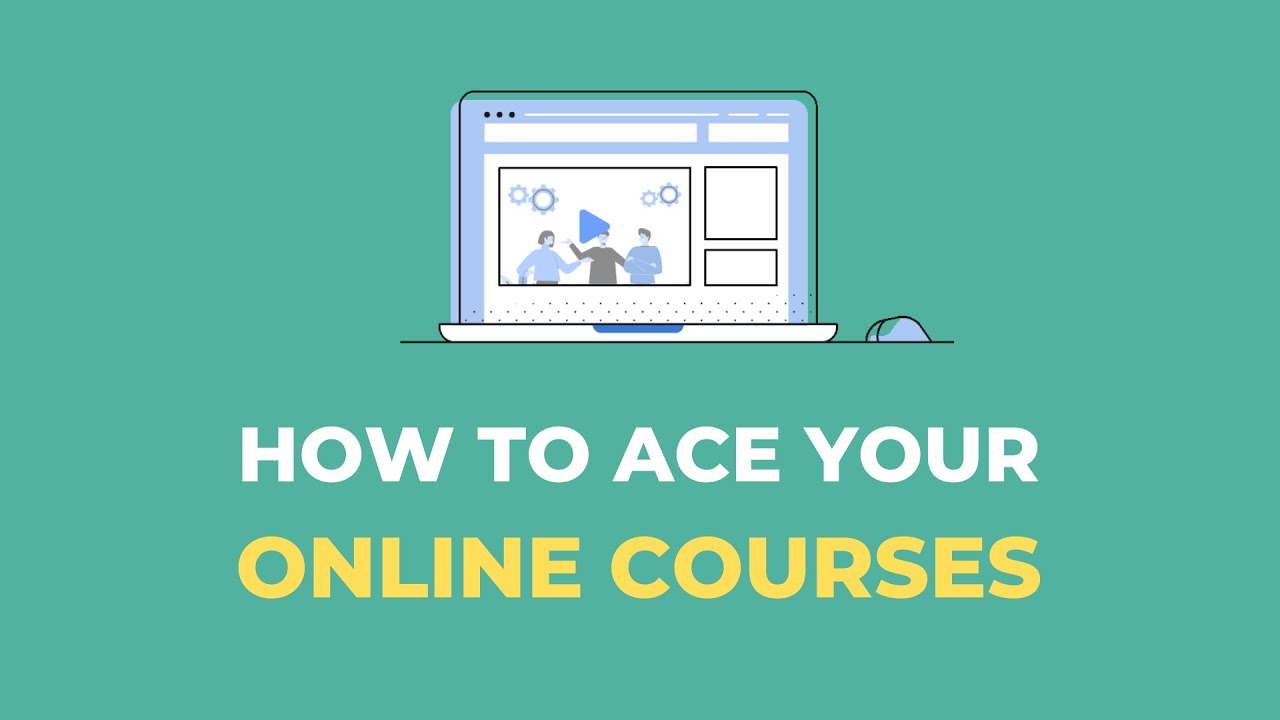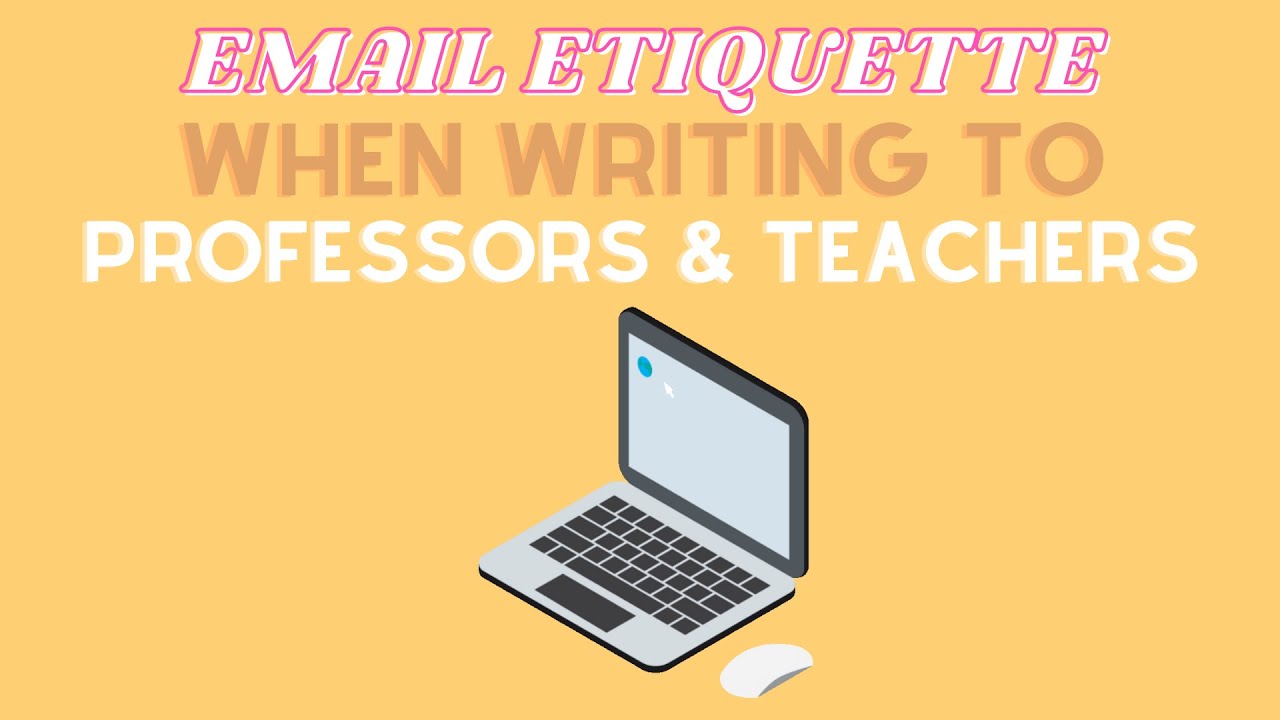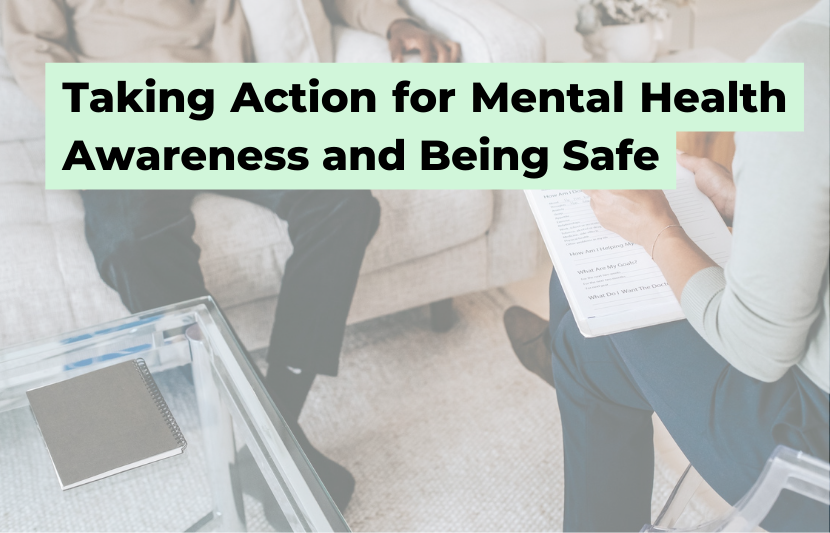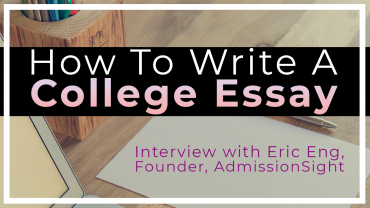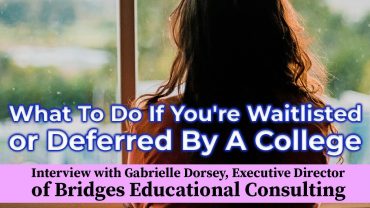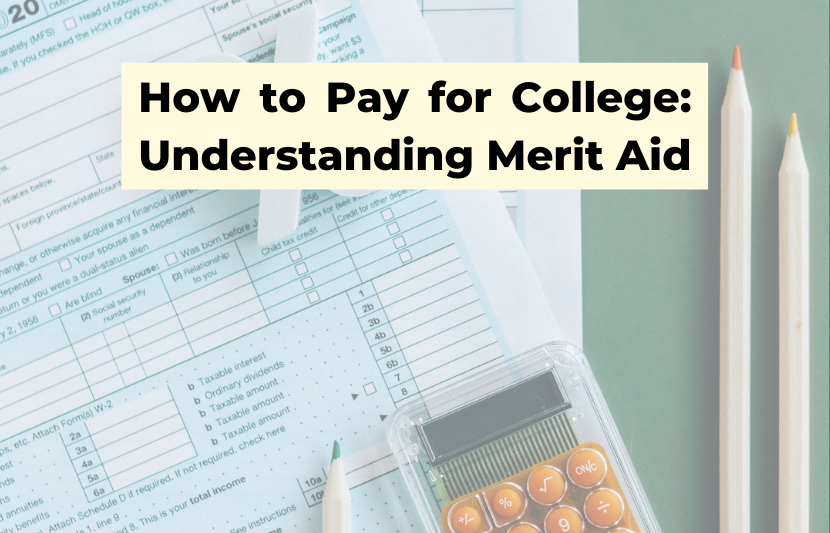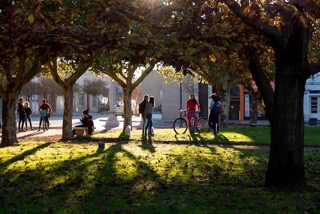In this episode of TUN TV, Dr. Crystal Rose interviews Eric Eng, CEO of AdmissionSight, about the top 10 takeaways from post-COVID college admissions.
Dr. Rose: Welcome back to the top 10 takeaways from the new normal of college admissions. This is Part Two.
We invited a very special guest, Eric Eng. A bit about Eng – he is the founder and CEO of AdmissionSight and has over 10 years of experience guiding students and their families through this competitive admissions process. He graduated with a BA from Princeton University, and he has one of the highest track records in the industry placing students in Ivy League schools and top 10 universities.
Where have you read about him? He’s been featured on the U.S News and World Report for his insights on college admissions, and he knows exactly what you need to do to get into the very best schools.
Well today, we’ll be doing five of the top 10 takeaways with Eric Eng.
Eric, welcome to TUN TV.
Eng: Thank you so much for having me, I’m excited to be on the show.
Dr. Rose: Wonderful to have you. We learned so much last time when we talked about the top five takeaways and would love to continue that now. We’re looking at different takeaways that really are important aspects of the whole college admissions process. You talked about it being holistic. What about “academic research”? Is that something that colleges are still expecting students to be involved in, even in this post-COVID time?
Eng: Absolutely. I think the pandemic created a lot of uncertainty because the university lab shut down. It was difficult to get a research internship, and so it was challenging for a lot of students to get a research project going to bolster their college admissions profile.
Academic research is absolutely beneficial when it comes to college admissions. I mean, if you think about it, all these universities are research-driven institutions. That’s what they do. They perform academic research to really push the forefront of knowledge.
When you have a high school student conducting academic research at such a young age, it really showcases to a college their level of academic curiosity and commitment.
We have many students who have published their research papers. We’ve had students who competed in the Intel Science and Engineering Fair.
Actually, in our program, we actually have an eight-week science research program that will guide students through every step of the way to either get published research or get local and national recognition for their work. Academic research is absolutely a big factor when it comes to college admissions.
Dr. Rose: Thank you for expanding on that, Eric. You can learn more about Eric’s program below the video. You check out that eight-week program, and we have another video from Stanford professor, Dr. Cammie Rolle, who also shares how students can continue to do academic research even during COVID.
Well, thank you for that. The next one I have is “leadership.” What does leadership look like even in this virtual world?
Eng: Absolutely. I think leadership is super important. A lot of our students participate in leadership in different capacities, whether it’s being a president or founder of a school organization or whether it’s a non-profit that they established.
You really want to showcase that self-initiative, that entrepreneurial drive to start an organization that really solves important issues in our society. We had students who started a nonprofit tackling climate change or environmental sustainability. We had another student who started a nonprofit about space education.
There’s a lot of unique ways to create an organization to help you stand out that’s differentiated, that’s fairly unique, that gives you a story to tell in your applications to set yourself apart from the rest of the pack.
Dr. Rose: That really would distinguish the student, to be involved in all those different leadership positions. The next point is “community involvement.”
Eng: Exactly. We love to see students engage with their community. In other words, we want to see leadership. We want to see students take their leadership and engage with their local organizations, whether it’s the American Red Cross or another organization. We had a student who presented their research on fires to the Fire Department within their local community.
And so, there’s a lot of unique ways to stand out, and it really comes down to volunteerism – whether it’s volunteering at a hospital, whether it’s playing music at a senior care citizen’s enter toc help with dementia. We really want to see that proactiveness and that social impact behind the students’ endeavors.
Dr. Rose: That point that you made about volunteering, it’s almost its own takeaway, but also it highlights something that you added in Part One, which was the student’s passions as playing an important role in the college admissions process and something that the student really cares about.
We’re going next to “academic competitions.” Can you tell us about how academic competitions play into the college admissions process?
Eng: Absolutely. Academic competitions, I see a lot of college counselors, especially the school counselors, ignore this factor. But the top students at the local high schools, they all know that some of these academic competitions will dramatically increase your odds of acceptance. If you get grand prize in the Intel International Science and Engineering Fair, your odds of getting in go up astronomically. If you place in the U.S. Math Olympiad, your odds of getting it go up astronomically as well.
Competing in these academic competitions does take time; it does take preparation.
I do have some families every year that say, “Oh, I’m not sure my child’s ready for it. I’m not sure my child could compete in these academic competitions and get national recognition for their work.”
At the same time, I’m telling the families: “if you’re serious about getting into Harvard or Stanford or Yale or Princeton or MIT or any of those schools, placing in these academic competitions, while not necessarily a requirement, will dramatically increase your odds of admission.
Sometimes, I get pushed back from parents saying, “Oh, I’m not sure my child’s ready for it.” They are ready for it, okay. We have an entire program that prepares [students] for some of these competitions like the Intel International Science and Engineering Fair. Have faith in the process.
And then another thing I want to say is that, you know if you’re not willing to get national recognition for some of your work, you may also want to lower the expectations a bit as well. Because if you’re saying you want to get to Harvard, well, you’re going to need a little bit more to get there.
Dr. Rose: That makes a lot of sense. We’re rounding up to the final one, number 10 – “college choices,” What can students learn from the last two years about how you select colleges?
Eng: Yeah. So the college application process is probably the most important part. If I were to put a weight on everything, I would probably put 25 percent on academics, 25 percent on extracurriculars and 50 percent on the college application.
I’ve always argued that a strong application and strong personal statements could get a weaker student in. We have had a student with as low as a 3.3 unweighted GPA before getting into an Ivy League school because of how powerful those personal statements are. And that’s a fact.
Of course, we’re not saying we could get every student with a 3.3 GPA in, but it has happened before. On the flip side, I’ve seen top students of a school – I’ve even seen students who placed in some of these academic competitions – who still got rejected from literally all of the Ivy League or all 10 of the top 10 schools, because their applications and their essays were weak.
To sum it up, admissions officers accept applications. They don’t necessarily accept students, and there’s really a fine distinction there.
Dr. Rose: Thank you so much for joining us today on the top 10 takeaways in this recent college admissions process.
Eng: Thank you so much for having me.
Dr. Rose: Thank you very much for joining us on TUN TV. I’m your host, Dr. Crystal Rose. Until next time.
This interview has been edited for clarity.
For more exclusive interviews with experts who share their insight to help students succeed, check TUN TV!
Related:

